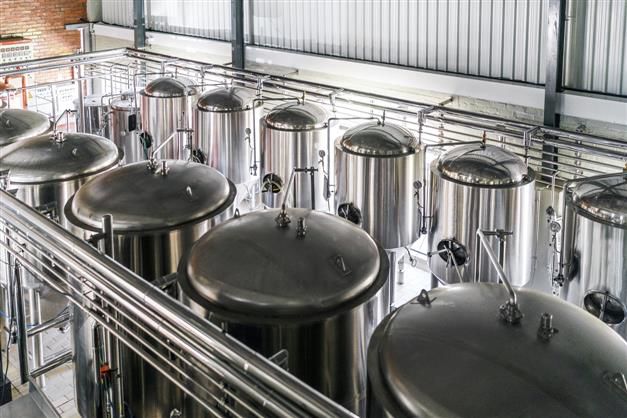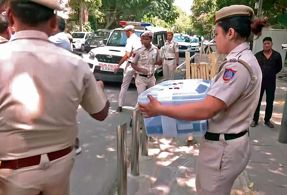
Photo for representation: iStock
New Delhi, April 18
The Supreme Court reserved its verdict on Thursday on the issue of overlapping powers of the Centre and states with regard to the production, manufacturing, supply and regulation of industrial alcohol.
A nine-judge Constitution bench headed by Chief Justice DY Chandrachud heard arguments from Attorney General R Venkataramani, Solicitor General Tushar Mehta, senior advocates Dinesh Dwivedi and Arvind P Datar, who appeared in the court on behalf of the Uttar Pradesh government, and other lawyers representing different states.
Industrial alcohol is not meant for human consumption. While Entry 8 in the State List under the 7th Schedule of the Constitution gives the states the power to legislate on the manufacture, possession, transport, purchase and sale of “intoxicating liquors”, Entry 52 of the Union List and Entry 33 of the Concurrent List mention industries whose control is “declared by Parliament by law to be expedient in public interest”.
While both the Parliament and state legislatures can enact laws on the subjects mentioned in the Concurrent List, a central law will have primacy over the state law.
A clutch of petitions came before the nine-judge bench after a seven-judge Constitution bench ruled against the states.
The matter was referred to the nine-judge bench in 2010 after the seven-judge bench ruled in 1997 that the Centre would have regulatory power over the production of industrial alcohol.
The seven-judge bench had, in 1990, observed that through the Industries (Development and Regulation) Act, 1951, the Union had “evinced a clear intention to occupy” legislative competence on the subject and hence, Entry 33 could not empower a state government.
Join Whatsapp Channel of The Tribune for latest updates.



























